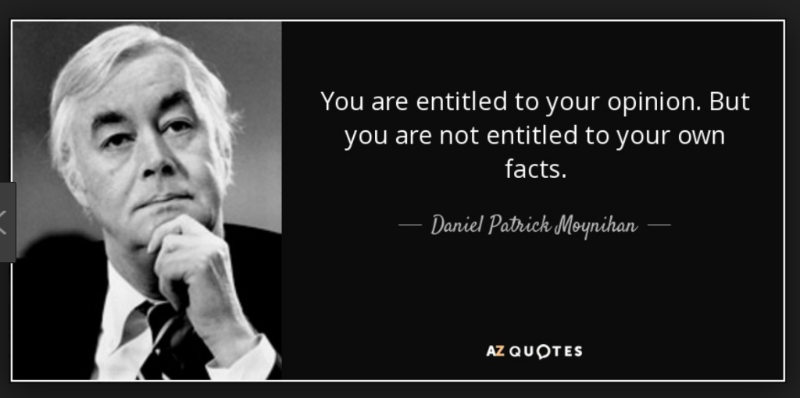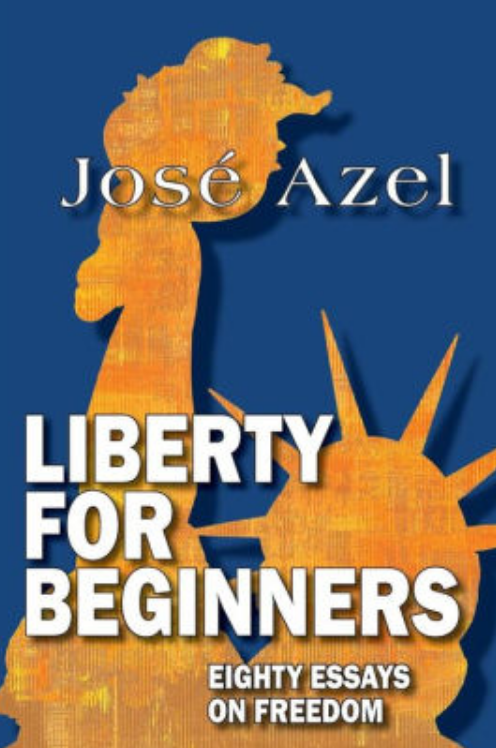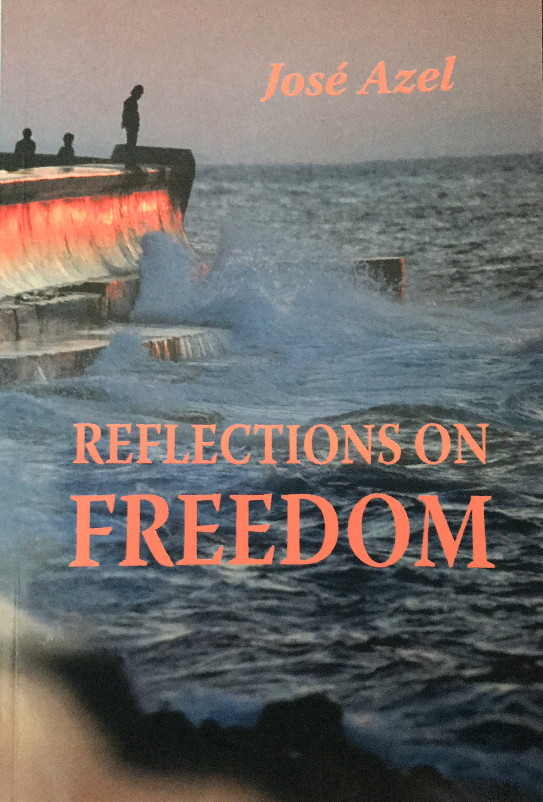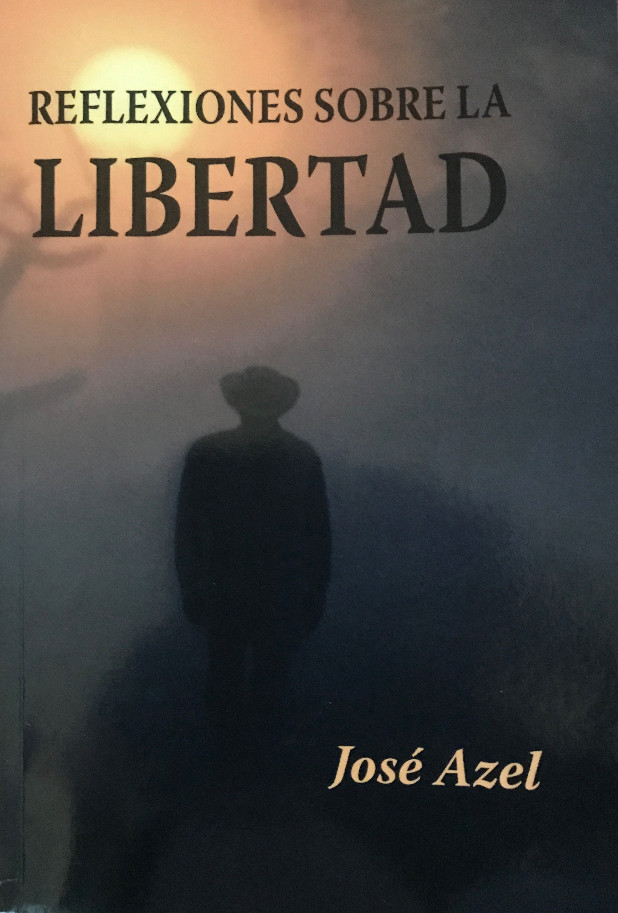Our democratic and free speech convictions lead us to proclaim that we have an uncontestable right to our opinions. However, that expression embodies a logical fallacy in which an individual discredits any opposition by claiming a right. When we assert the existence of a right, we excuse ourselves from having to offer any justification for our opinion. We have a right to it period. That is all; no further discussion is necessary. And worse, if we have a right, it is irrelevant if our assertions are true or false.
Opinions have a high degree of subjectivity and uncertainty and, as philosophers see it, we are not entitled to opinions; we are only entitled to what we can argue for. We are entitled to construct and defend an argument. To offer an opinion imposes an enormous responsibility to question our thought process and to be open to the possibility of being wrong. Those elements are often lacking in many opinions, including some offered in newspaper opinion pages.
To be clear, I am not speaking of opinions of preference, taste, or opinions substantiated by technical expertise of some kind. We should not argue about your preference of vanilla over chocolate ice cream; and given my ignorance of the subject matter, I will not argue about nuclear physics. I am referring mainly to sociopolitical opinions when we pretend to know what we do not know.
If by, “everyone is entitled to their own opinion” we mean only that people can say whatever they want, that is a factual and rather boring statement, at least in a democratic milieu. However, if by that statement we mean, as we often do, that everyone’s views should be considered as equal contenders for the truth, then it is clearly false. Truth is not relative; truth is not a matter of opinion. Something cannot be true for one person and not for another.
We tend to confuse our democratic equal right to an opinion, with the idea that all opinions are of equal value. They are not. Some solutions are better than others. The fact that someone believes something does not make it true. A belief cannot be its own justification. We should not make beliefs immune to critical inquiry. Someone still has to be wrong.
The Nazis were not entitled to their opinion that Jews were subhuman and needed to be exterminated. It is our responsibility to seek to acquire true beliefs and reject false beliefs, and to deny the lazy moral relativism that all opinions are of equal value.
Our opinions should be based on evidence or on good arguments that seek truth. We are not morally obligated to accept someone’s falsehoods under the commandment that “it is true for them,” which flows from the “everyone is entitled to their opinion” precept.
The term “truthiness,” coined by comedian Stephen Colbert, captures the flaws in the “everyone is entitled to their opinion” idea. Truthiness refers to the truth that someone knows intuitively because it feels right. Truthiness disregards evidence, logic, intellectual examination, or facts. Unfortunately, many of our claims to knowledge fall in the truthiness category.
We can also become victims of “Wikiality,” another Colbert term, where if enough people agree with an opinion it becomes the truth. Wikiality, a blend of the words Wikipedia and reality, shapes truth by consensus or cultural relativism.
Expositions on the popular encyclopedic site Wikipedia are designed to be accepted as true by majority vote. Given that anyone can edit Wikipedia, then anyone can edit the truth and, if enough people agree with an edit, it becomes the new truth as consensual truth-building.
Rather than parroting indiscriminately that we are all entitled to our opinions, perhaps we should, in Colbert fashion, rework the phrase to: “everyone has a right to ignore our opinions.” Maybe then, we will begin to take our philosophical responsibility seriously and begin offering more thoughtful opinions.
Please let us know if you  this article. this article. |
|












No comments:
Post a Comment